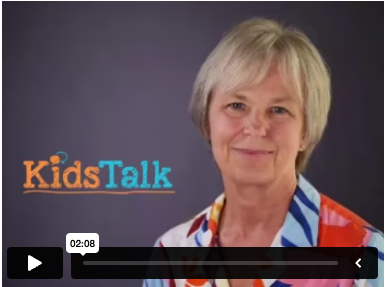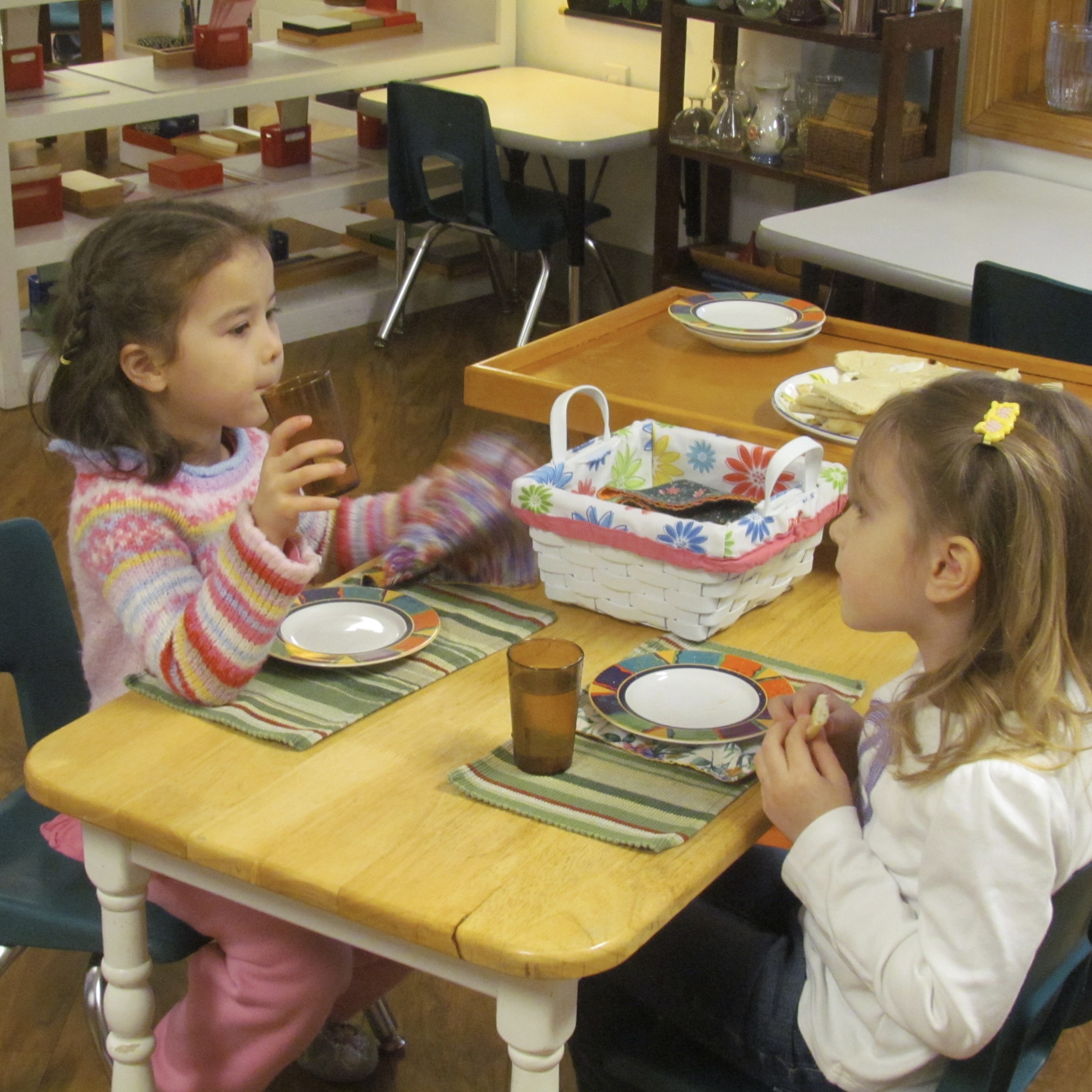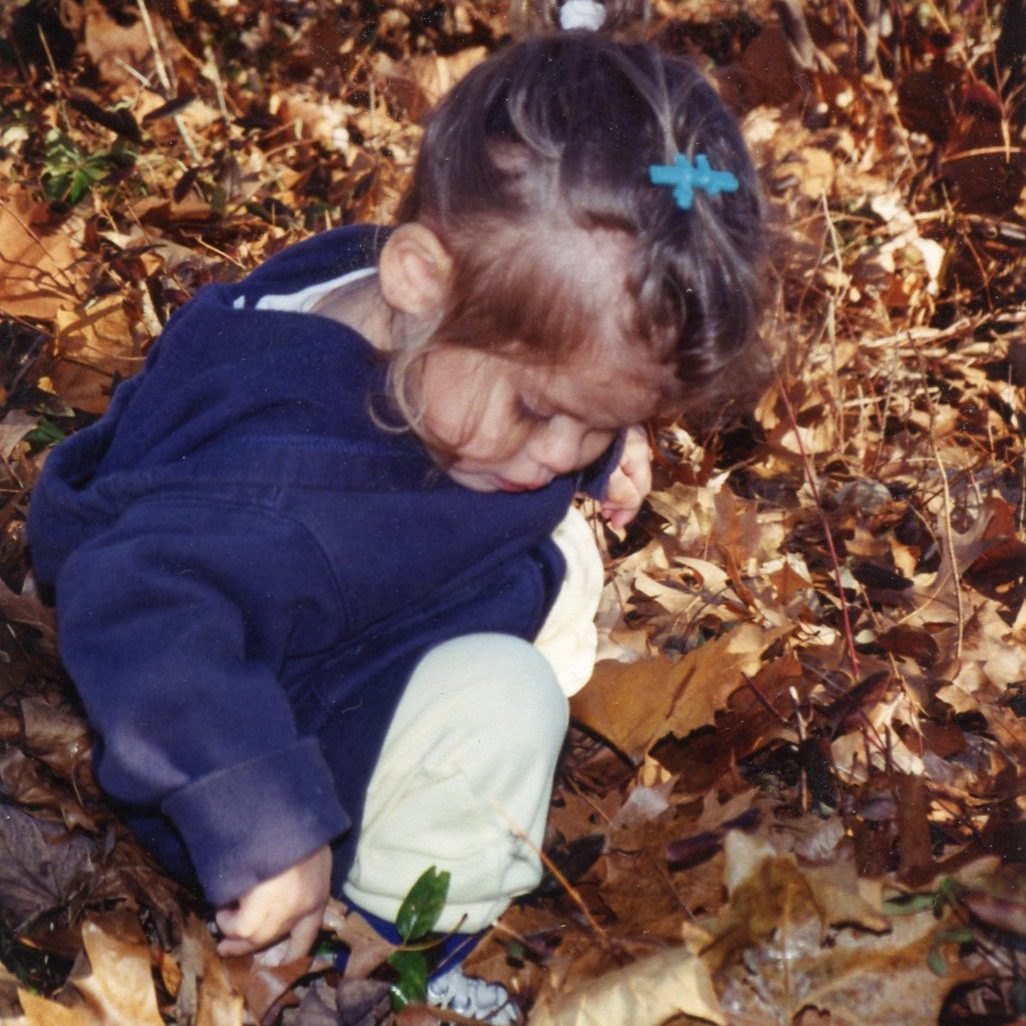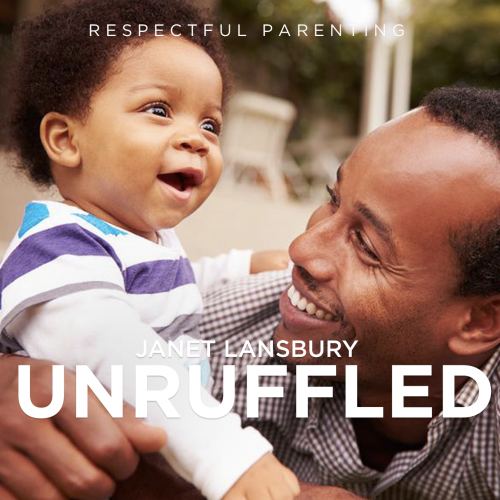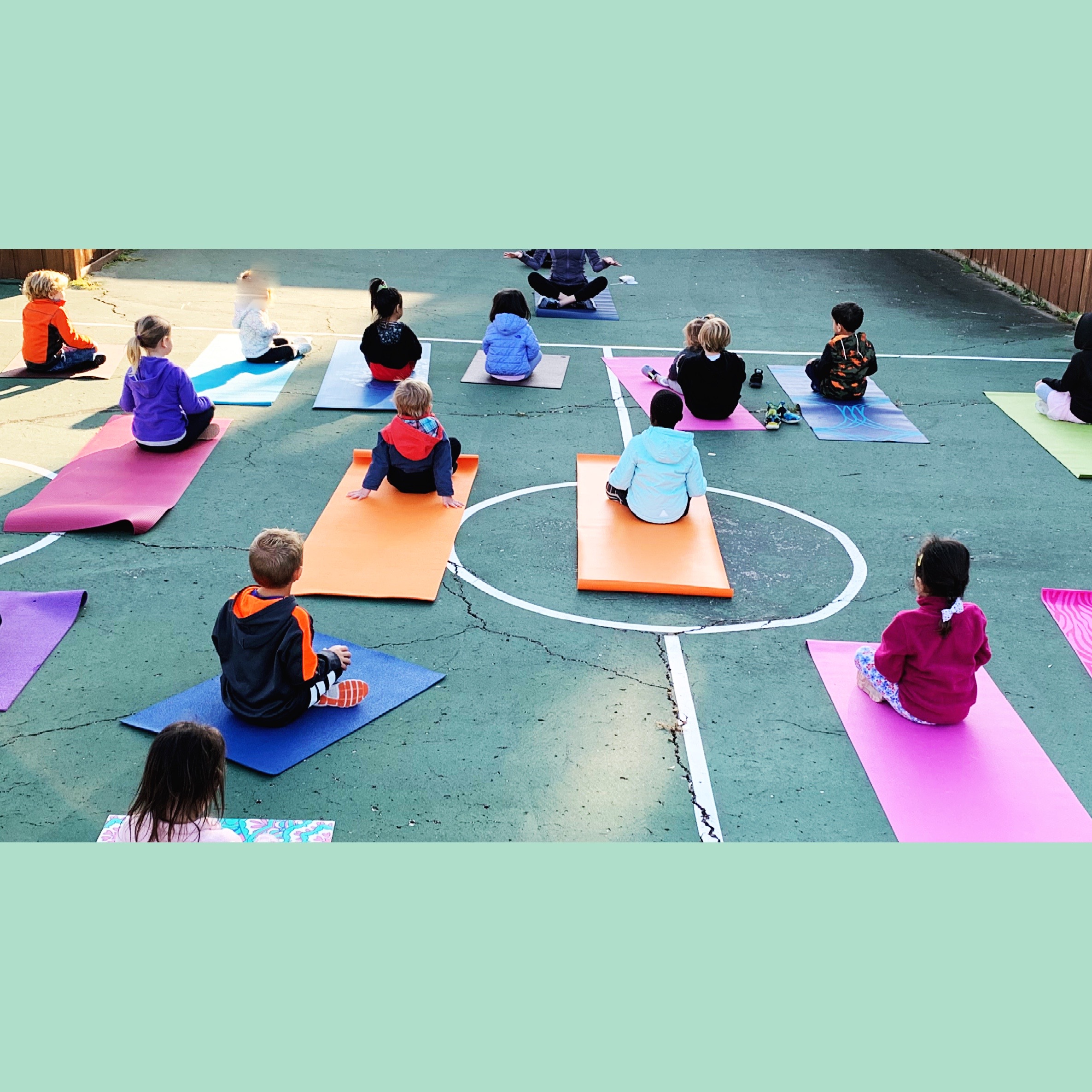Do What You Say
Another great article by Maren Schmidt! “Throw rocks into the pool one more time and we’re leaving the party,” Jonathan’s parents told him. It was a surprise party for his grandparents’ anniversary. When Jonathan threw in the next handful of pebbles, nothing happened. Empty threats. It is an easy trap to fall into. We think if we mention the possible consequences of an action, our child will stop, or if not, at least others will see that we “tried” to make Jonathan stop. If Jonathan’s [...]


